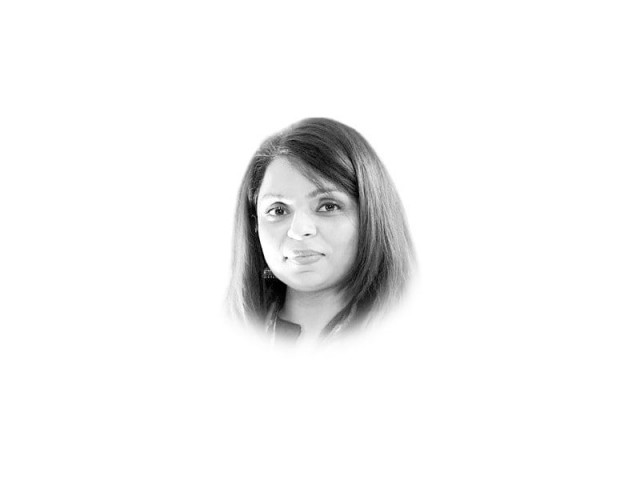From minarets to modernity
This landmark reform promises the added advantage, not just of greater transparency and accountability

The introduction of Madrassa Registration Bill 2024 is a drastic rethinking of Pakistan's educational universe, an attempt to 'modernise' religion. In the face of the twin imperatives of the country's rich Islamic heritage and national progress in the age of Soundness and Liberation, the latest legislation prescribes that all madrassas should be registered under Societies Registration (Amendment) Act, 2024 along with standard audits of their finances, curriculum supervision and regard for security. This landmark reform promises the added advantage, not just of greater transparency and accountability, but the opening of more career opportunities for thousands of students and, therefore, bridging the gap between conventional religious instruction and the 21st century education.
Comprehensive and transformative, the bill's provisions are: Registered madrassas, however, will be given a six months to comply, while the new ones would be allowed one year to register. The bureaucratic hurdle has been streamlined to only require one registration for the network of campuses, therefore ensuring that there is a one and the same regulatory framework. Effects of fiscal discipline and public trust will be instilled by annual reporting of educational activities and mandatory audits by certified professionals. Additionally, the bill forbids teaching or dissemination of any material that incites militancy or sectarianism or religious hatred, an important safeguard in an age in which national security is still a major priority.
Yet at a time when Pakistan is subject to growing international scrutiny, there has never been a greater necessity for Pakistan's educational practices to be aligned to global standards. As per a news report for January 2024, these reforms not only strengthen the country's determination to transparency but also the commitment towards international regulations such as Financial Action Task Force (FATF) and the Generalized System of Preferences (GSP+). This is expected to enable Pakistan to have better standing in international financial markets and reduce the economic risks of in compliance. This certainly shows that the government is attempting to create a modern educational system without taking away the country's religious legacy.
It is also signifying a large change in the schooling paradigm in madrassas. The bill aims to modalise students with a unique skillset combining traditional Islamic studies with modern subjects in order to prepare them for the needs of today's labour market. Teachers are to be trained better, technical and vocational courses introduced to lead to job creation and generally stimulate broad-based socio economic development. This balanced curriculum tackles the challenges of offering a too narrow curriculum by the traditional seminaries, thus paving ways for the youth empowerment and national progress.
Some critics warn about potential government overreach, and the potential loss of religious autonomy, and what's good is the fact that the government is going through dialogue with Muslim scholars and they're being measured in their approach in addressing these values. It is a reform which invites the rethinking of the place of religious education in modern society, as well as the question whether it is possible for Pakistan to reconcile a glorious past with the conditions of the future. While these reforms start to come into force, the long-term impact on Pakistan's educational system is yet to be seen and realised. Here is the news: another bold initiative will surely bring about progressive and inclusive times or pre-determine future tensions and conflicting forces with eras of tradition and modernity. Perhaps this will be the answer as to the nation's future trajectory.














COMMENTS
Comments are moderated and generally will be posted if they are on-topic and not abusive.
For more information, please see our Comments FAQ